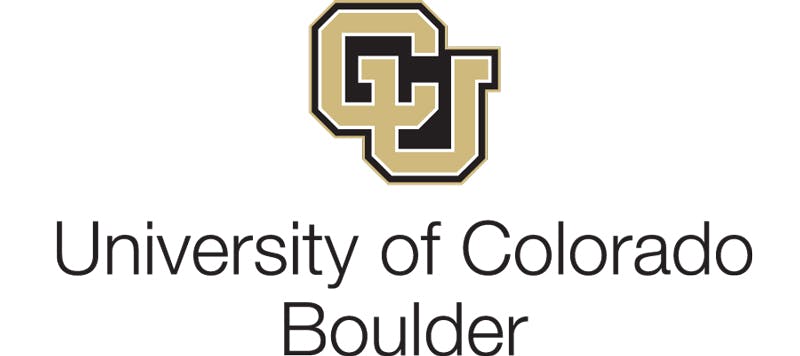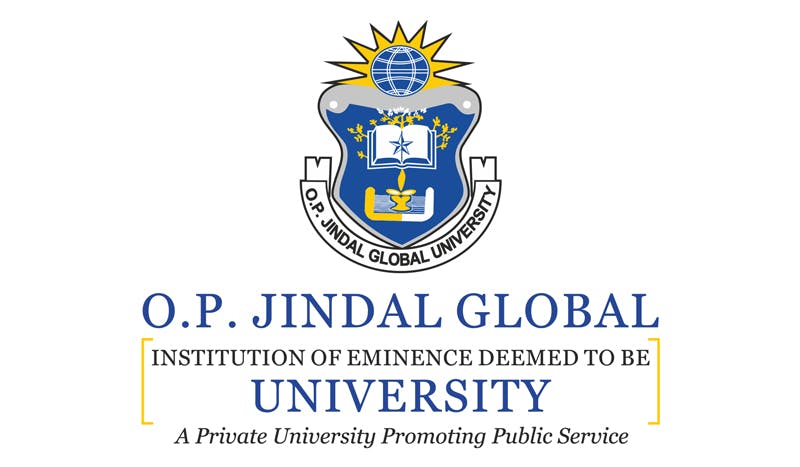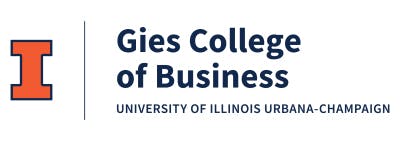Take your career to the next level with an online degree
Find the right degree for you
Filter by
University of Illinois Urbana-Champaign
University of Colorado Boulder
Georgetown University
O.P. Jindal Global University
University of North Texas
University of North Texas
University of Pittsburgh
University of Illinois Urbana-Champaign
Start making progress toward a degree today
Discover flexible degree pathways that enable you to build new skills and gain career certificates while making progress and earning credit toward eligible degree programs.
Each university determines the number of pre-approved credits that may count towards the degree requirements according to institutional policies.
University of North Texas
University of Illinois Urbana-Champaign
University of Colorado Boulder
Gain admission without an application
Complete university-approved content to qualify for performance-based admission to select degree programs and earn credit toward your degree. No application or prior work experience is required to start these degree pathways.
Each university determines the grades required to qualify for performance-based admission. Review the admissions process for each degree program for more information.
University of Colorado Boulder
Illinois Tech
University of Colorado Boulder
Affordable tuition with flexible payment options
Pursue your degree with affordable tuition, flexible payment options that let you pay as you go, and financial aid opportunities, including scholarships.
University of Illinois Urbana-Champaign
University of Colorado Boulder
University of London
Quality learning from world-class universities
Unlock your potential and pave the way to a successful career by earning a degree from an accredited university. Learn from expert faculty passionate about helping you achieve your goals.
University of Illinois Urbana-Champaign
University of Colorado Boulder
Georgetown University
Designed for working adults
Enroll in flexible, 100% online degree programs. Set your own schedule to balance your work and personal commitments and complete coursework at your own pace.
University of North Texas
University of North Texas
University of Pittsburgh
Hear why students enjoy learning on Coursera
Learn from expert faculty
University of Colorado Boulder
Jessica Leeker
Professor in Engineering Practice
University of Pittsburgh
Dr. Morgan Frank
Assistant Professor, Department of Informatics and Networked Systems
University of Illinois
Gary Hecht
Associate Dean of Professional Education Pathways and Professor of Accountancy and Arthur Andersen Faculty Fellow
Laurence Lehmann-Ortega
Affiliate Professor of Management
Universidad de los Andes
Rubby Casallas, PhD
Profesora titular
University of London
Chris Mitchell
Professor of Computer Science
Gain helpful insight on degree-related topics
Online bachelor's degrees have become increasingly popular, especially for students in need of greater flexibility. Learn more about this degree option and the many benefits it has to offer.
Master's degrees come with many benefits, and now a growing number of students are opting to earn their master’s degree online.
Going back to school as an adult has the potential to boost your career possibilities and your income. Check out some questions to ask yourself as you figure out what's best for you.
Interested in pursuing an online educational program? Find out about the specific benefits that come with pursuing an online education.
Frequently asked questions
Yes, all online degree programs available on Coursera are directly conferred by accredited institutions. Accreditation is important because it shows that an institution meets rigorous academic standards, eases your ability to transfer credits, and helps employers validate the quality of education on your resume or application.
That depends on the degree you’re interested in earning. Many of the bachelor’s degrees on Coursera from US-based institutions, such as Georgetown University’s Bachelor of Arts in Liberal Studies, allow students to transfer some previously earned college credits. Some, like the University of North Texas’ Bachelor of Applied Arts and Sciences and Bachelor of Science in General Business, are degree completion programs and require transfer credits in order to enroll.
Each university determines the number of pre-approved transfer credits that may count towards the degree requirements according to institutional policies. Check with each degree program for more information.
You can also build credit toward an online degree program by first enrolling in university pre-approved courses, specializations, and certificates on Coursera. If you decide to apply and are admitted, the courses you’ve completed may count toward your degree requirements.
Yes, all you need is a reliable internet connection. No matter where you are in the world, you can enroll in the degree programs that Coursera’s university partners offer, though there may be specific application requirements based on your status as a domestic or international student.








